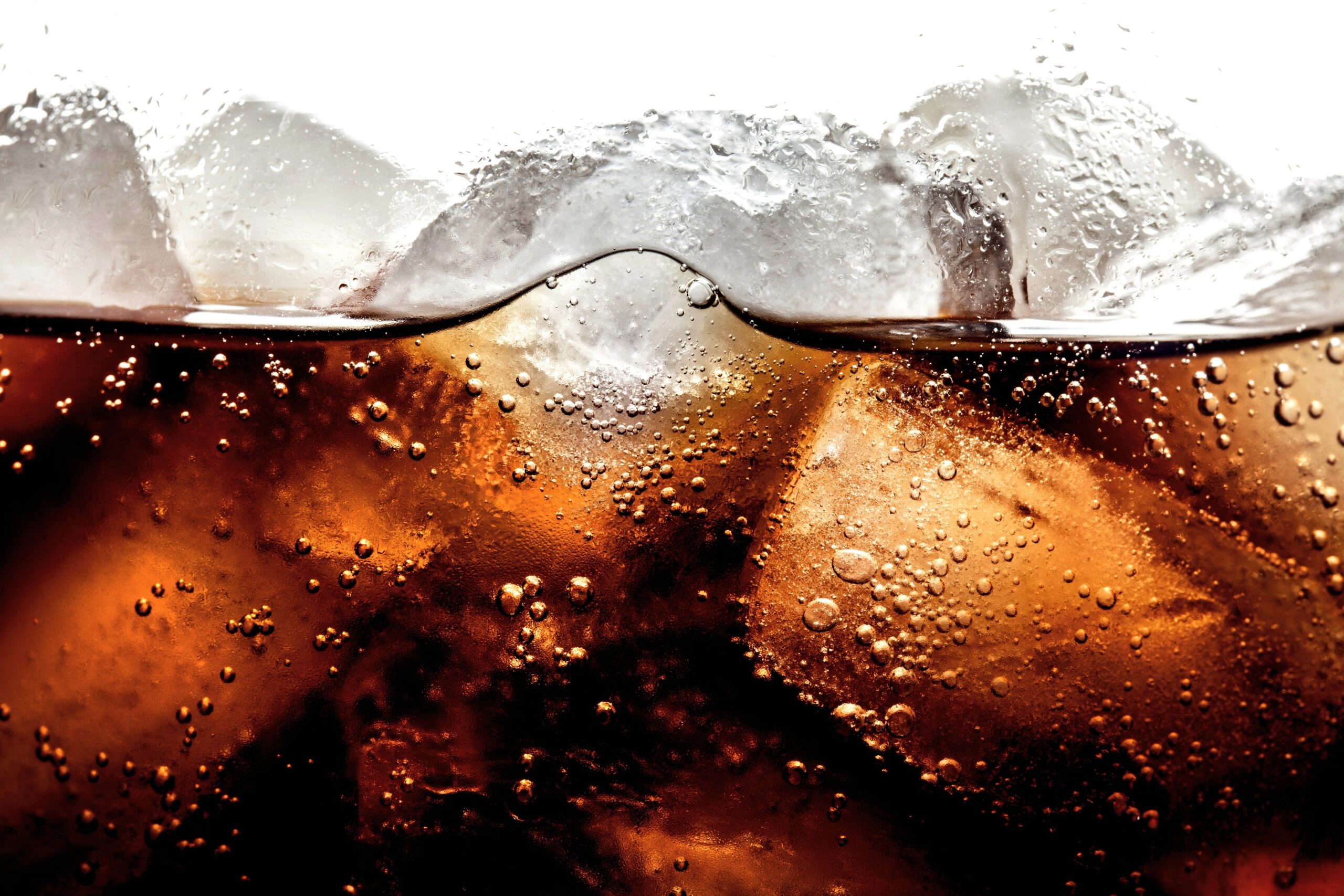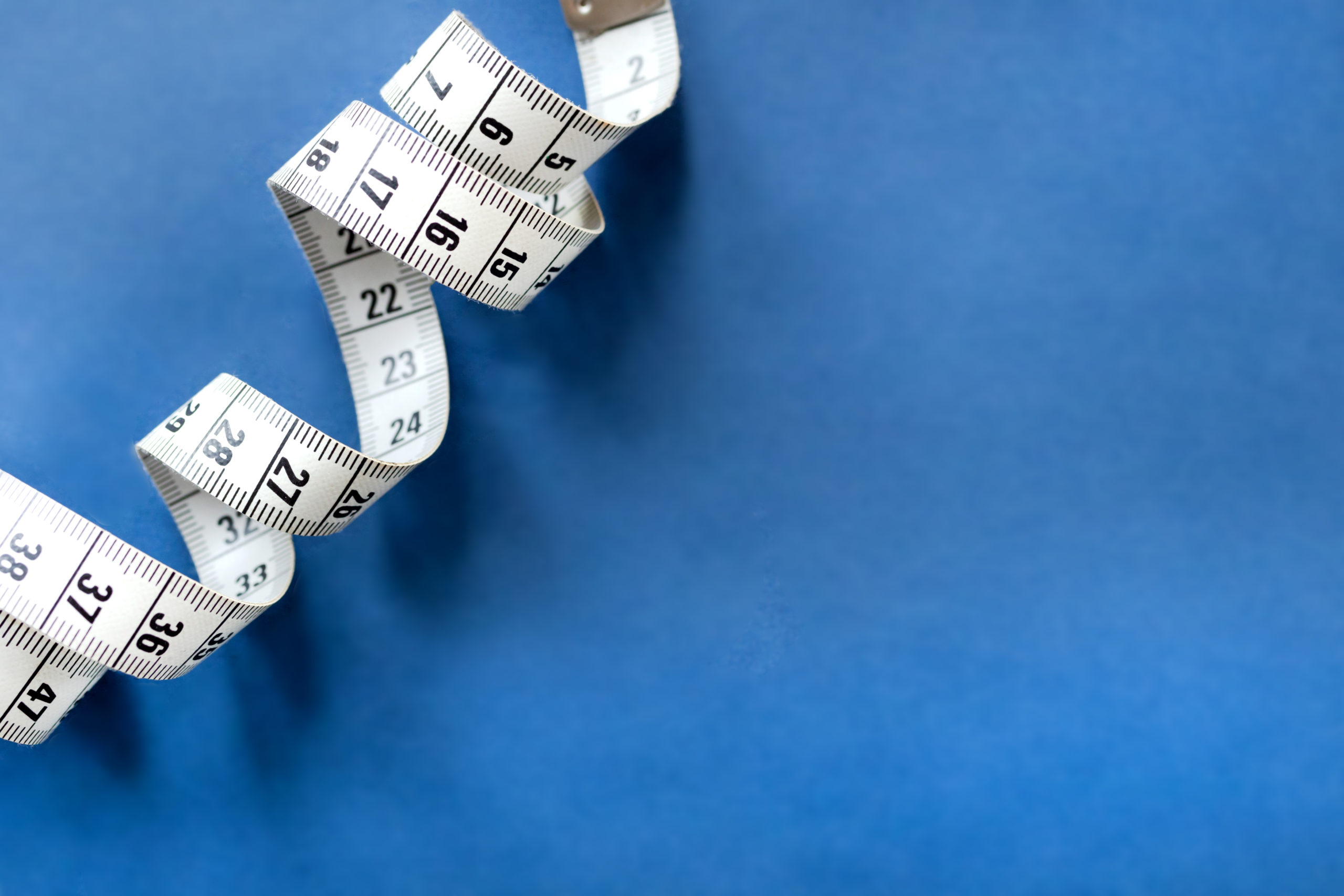Half of the Dutch are overweight, and the new cabinet wants to address this by raising the tax on sugary drinks and cutting VAT on fruit and vegetables to zero. This is stated in the coalition agreement. Will this sugar tax make the difference?
There is nothing bad about sugar in itself. It is a source of energy for the brain and body and it occurs naturally in vegetables, fruit and milk. The problem lies in the sugars that the food industry adds to products. ‘Sugary drinks are particularly unhealthy,’ says Edith Feskens, professor of Human Nutrition and Health. That is because liquids are quickly absorbed by the body, while our satiety hormones, which normally make us feel full, work less quickly. This makes it easy to consume too much sugar. ‘Research tells us that sugary drinks contribute to obesity and that children and adults from the lower socio-economic classes are most likely to consume lots of soft drinks,’ says Feskens.
Ten per cent?
The central government made agreements with civil society organizations and manufacturers in 2018 with a view to improving the health of the Dutch population. Manufacturers promised to make their products healthier by adding less sugar to soft drinks, for example. The government hoped to avoid a sugar tax this way, but in 2021 it became apparent that the deals were not having enough impact.
So the new cabinet now wants to introduce the tax on sugary soft drinks after all. This will make the Netherlands the 44th country with this tax. It is not yet clear how high the tax will be, but its success depends on that.
A problem is rarely solved by a single measure
Just a few cents on the price will not make any difference to the average consumer. According to the World Health Organization (WHO), the price of soft drinks would have to go up by 20 per cent to have an effect on their sales. In most countries with a sugar tax the percentage is lower: around 10 per cent.
Nevertheless, the on-average 10 per cent tax on sugary drinks seems to be working in other countries, concluded the National Institute for Public Health and the Environment (RIVM) in 2020. Although it is too early to say whether overweight is reduced by the sugar tax, consumers in the United Kingdom and Norway did buy more of the healthier alternatives and sales of taxed soft drinks did drop. But the picture may be distorted. Consumers sometimes went to neighbouring countries to buy cheap soft drinks. This could happen in the Netherlands, with people shopping for soft drinks in Germany, where there is no sugar tax.
Healthy food environment
We should not be blinded by sales figures though; reducing sales is not the only purpose of the tax. It is incentivizing soft drink manufacturers to produce alternatives with less or no sugar. As a result, healthier and cheaper soft drinks are coming on the market. A possible disadvantage is that manufacturers often replace sugar with sweeteners. ‘That is not necessarily detrimental to health,’ says Feskens. ‘But it does taste different.’
A further benefit is that the sugar tax and product reform help create a healthier food environment. Acceptance research by the VU University of Amsterdam showed that the Dutch are positive about a sugar tax. They see the benefit of it, as long as it is offset by cheaper healthy products. ‘That is precisely the reason why the government will make fruit and vegetables cheaper,’ says Feskens. ‘It stimulates people to choose healthy food and steers them away from unhealthy options.’
Additional measures
‘There are of course several factors that influence purchasing behaviour, but price is one of the strongest drivers,’ says Ellen van Kleef, associate professor in Marketing and Consumer Behaviour. She is not sure whether the government should explicitly communicate the sugar tax to society.
Children from lower socio-economic classes are most likely to consume lots of soft drinks
‘On the one hand, that could make consumers aware of what food is healthy, but on the other hand, it could provoke resistance.’ Happily, a price increase without further explanation has the desired effect anyway. ‘When the price of a product suddenly goes up, consumers look for a cheaper alternative,’ says Van Kleef. When a sugar tax is introduced, that alternative is also very likely to be healthier.
But the government should not pin all its hopes on the sugar tax, thinks Van Kleef: ‘There is an awful lot of marketing around unhealthy products. It is good that the government is creating a countermovement, but you rarely solve a problem with a single measure’. That is why Van Kleef would like to see additional interventions, such as promoting healthy lunches at primary and secondary schools. ‘That way you expose the next generation to a healthy food environment and teach them to make healthy choices from an early age.’
So shouldn’t there also be a tax on solid sugary products such as sweets? Nutrition expert Feskens does not think so. ‘In solid foods, the calorie count plays a more important role than the sugars,’ explains Feskens. If a tax is imposed on sugar in these products too, the industry will replace sugar not only with sweeteners but also with fat and starch, so the number of calories in the product will stay roughly the same.
The anti-obesity sugar tax is not guaranteed to succeed, but scientists believe it can contribute to a healthier diet. It remains to be seen what the sugar tax will look like in the Netherlands, when exactly it will be introduced and how the Dutch will react to it. In any case, the government has taken a first step by including the plan in the coalition agreement.

 Our satiety hormones can’t keep up with the speed at which the body absorbs sugary soft drinks. Photo: Shutterstock
Our satiety hormones can’t keep up with the speed at which the body absorbs sugary soft drinks. Photo: Shutterstock


![[Seriously?] New organ discovered](https://www.resource-online.nl/app/uploads/2023/12/WEB_De-neus.png)